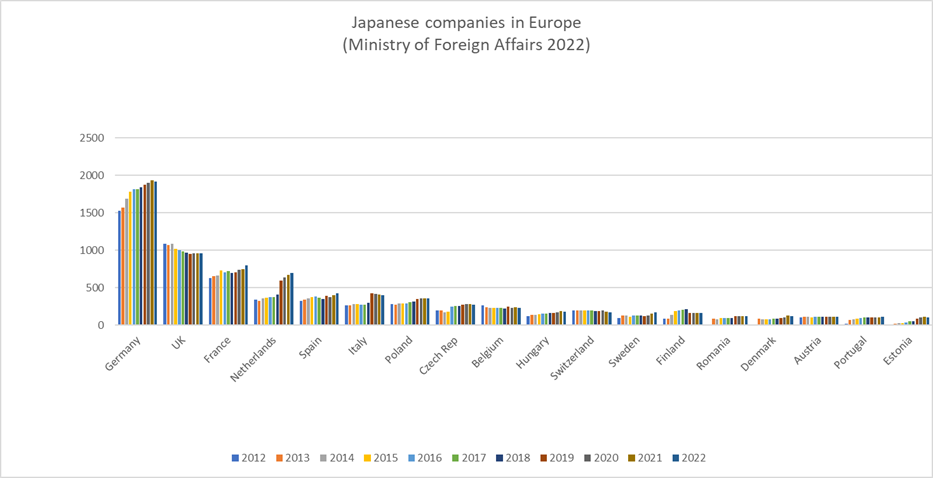Marugame Seimen udon restaurants – success in Europe by focussing on your own identity rather than 100% “Japaneseness”
Japanese company Toridoll is aiming to be a “Japan-originated global food company” with 4,000 outlets outside Japan by March 2028. It already has 11 Marugame Seimen udon noodle restaurants in the UK and 707 stores worldwide. It It sees Europe as a test market for its vision, as it is not as dominated by chain stores as the USA is.
What’s different about its strategy, according to an interview with the CEO, Awata Takaya in Nikkei Business magazine, is that it is not fussy about putting Japanese taste, or authentic Japanese food to the fore. Menu items include “tonkotsu udon,” “chicken cutlet curry udon,” and “vegan udon” – none of which would be found in an udon restaurant in Japan. “If the menu is 100% Japanese, it won’t be work on a daily basis,” says President Awata.
Toridoll is looking to open outlets which reflect its philosophy, of experiential sales – where customers can see the food being made. This is why Toridoll acquired British food chains The Real Greek – “where you feel like you’ve come to Greece” and Franco Manca “with pizza ovens visibly inside the store” recently. Marugame Seimen also provides plenty of opportunities for British staff to visit Japan and learn to make udon noodles.
Another differentiation is that it works closely with local partners who help them with location selection, new store launches, and securing human resources, moving ahead with speedy store openings. Many of Toridoll’s executives are veterans of working or living overseas or for foreign companies. Awata’s COO was at Deloitte, the head of the Marugame Seimen business is Victor Hisao Misawa, a marketing professional who grew up overseas, worked at Unilever and was an executive at French company Bic. The Deputy General Manager of overseas development is a graduate of an American university who then was stationed in African countries such as Uganda and Malawi as an employee of the Japan International Cooperation Agency, where he worked on many projects including power plants and agriculture. Shiojiri Nahoko also graduated from an American university and then worked at a major consulting company. She is now based in Hong Kong and working as Deputy Director of the Global Strategy Office.
Awata recognises that loss of quality is an issue with global expansion – “UK store operations have not yet achieved the quality and efficiency of Japanese stores. In fact, in the UK it takes longer than in Japan from the time you order to the time the food is served. It will be necessary to focus on employee training.”
As so often, Japanese culture is less about “things”, but the “way” that those things are created.
For more content like this, subscribe to the free Rudlin Consulting Newsletter. 最新の在欧日系企業の状況については無料の月刊Rudlin Consulting ニューズレターにご登録ください。
Read More
